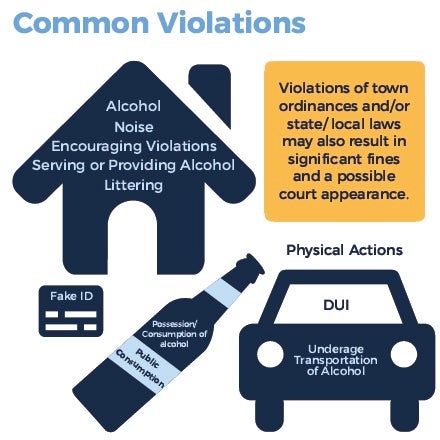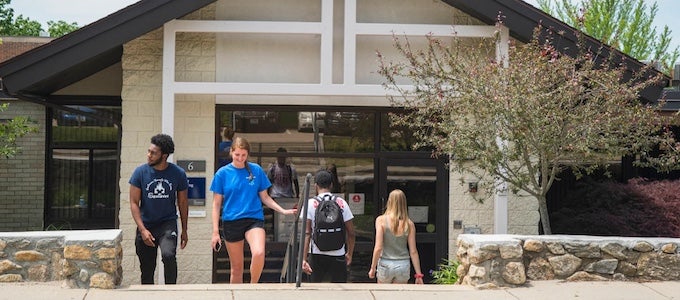Whether you’re commuting from home or renting off campus, you are an important part of the Rhody community. We’ve created this page to help you navigate your time at URI with confidence, connection, and support.
This is your starting point for resources, events, and guidance tailored for commuter and off-campus students.
Commuter Essentials
- 📍 Update your local address in e-Campus –Update your local address at the start of each semester or whenever you move. It only takes a minute, and it makes a difference in case of emergencies, outreach, or address-specific issues.
- 📌 Parking & Permits – Don’t get ticketed. Make sure you’re familiar with URI’s parking zones and where you can park.
- 🚌 Transportation Apps – Download TransLoc or RIPTA tools for real-time info.
- 🗣️ Being a Good Neighbor – Whether you’re in Narragansett, Providence, or Fall River, make a positive impact off campus.
🧭 Navigate Your Experience
Remember: your off-campus behavior is still governed by the URI Student Handbook.
Off-Campus Jurisdiction
The University of Rhode Island Student Code of Conduct shall apply to conduct that occurs on university premises, at URI-sponsored activities, and to off-campus conduct, including online and social media, that adversely affects the URI community, poses a threat to safety of persons or property, or damages the institution’s reputation or relationship with the greater community. In addition, the University of Rhode Island, in collaboration with the surrounding communities, may respond to student violations of community-based laws and ordinances designed to protect civility and quality of life.

The student conduct process is separate from any criminal proceedings taking place.
What to Know
The University Conduct System is designed to educate and hold students accountable for maintaining the standards of conduct of the URI community. Actions taken by a URI student that are performed off-campus may be subject to the student conduct process through the Office of Community Standards.
Your journey is uniquely yours. Let us help you thrive, connect, and make the most of your URI experience






